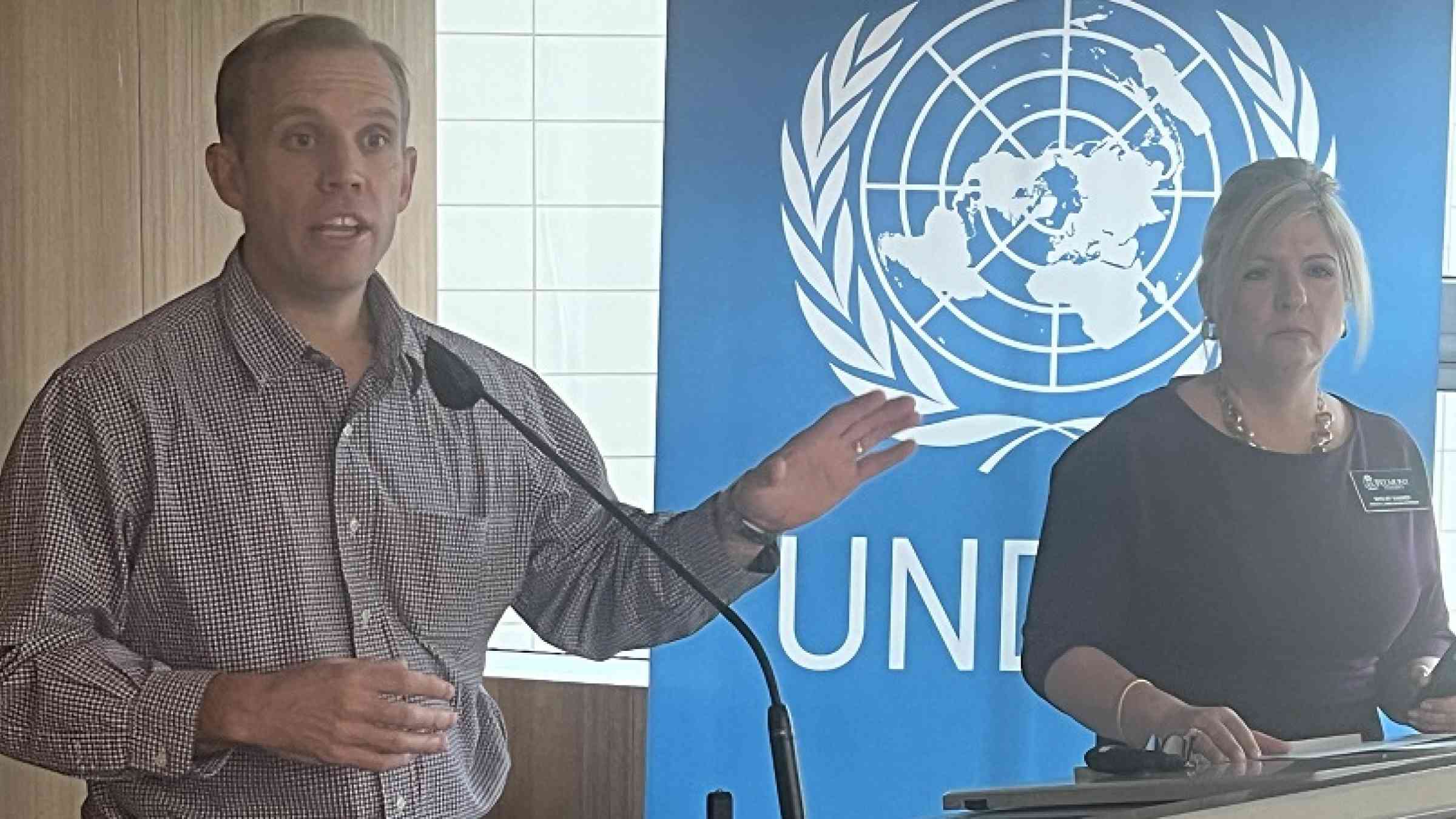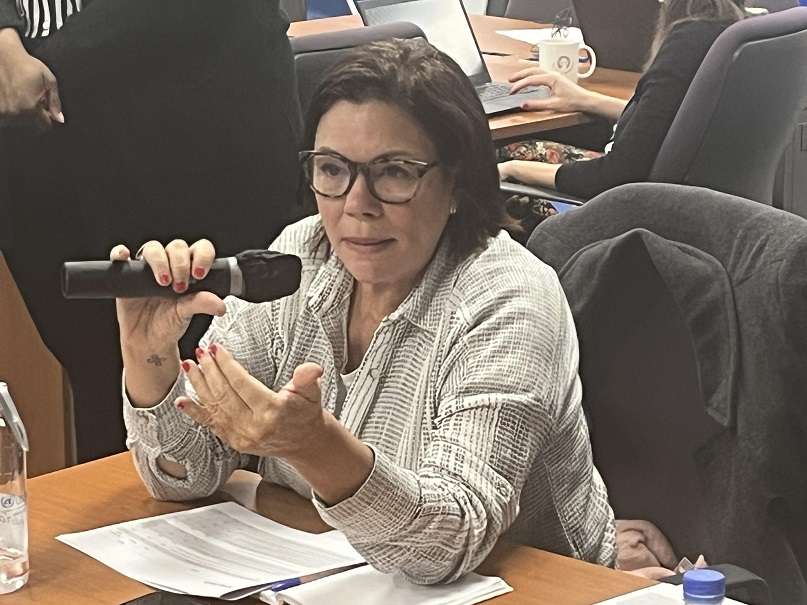Health experts agree resilience action agenda

Frontline health and disaster management professionals and academics from 8 countries have made a series of recommendations to strengthen public health systems in relation to the COVID-19 pandemic and other potential health emergencies.
The 21 practitioners and researchers agreed common action points for the development of strategies to strengthen community and public health system resilience.
These included the need to: focus more on mental health wellbeing before, during, and after a disaster; encourage more wide-ranging approaches to public health that in turn would make systems more resilient in times of shocks and stress; and deploy health services over the long-term post-disaster rather than just during the event and the immediate aftermath.
The recommendations were based on consolidated results from the use of the United Nations Office for Disaster Risk Reduction’s (UNDRR) Public Health Annex to the Disaster Resilience Scorecard for Cities in Australia, Bangladesh, Brazil, Chile, Japan, Slovenia, Turkey, and United States.
The health annex enables local governments to design, formulate, and implement disaster resilience strategies that are more inclusive of public health issues.
Associate Professor Dr. Rok Fink of the University of Ljubljana, Slovenia, said applying the health annex had helped increase the focus on risk communication as a key part of their strategies to strengthen public health systems. ‘The tool was easy to use and it really helped us identify our priorities,’ Dr Fink said.
Dr Ben Ryan, Clinical Associate Professor at Baylor University, Texas, said: ‘We are trying to learn the main lessons from the COVID-19 pandemic from different countries and communities and translate these into better risk management practices.’
Mr Sanjaya Bhatia, Head of UNDRR’s Global Education and Training Institute in Incheon, Republic of Korea, said: ‘The experience of the COVID-19 pandemic confirmed how resilient health systems are a critical pillar of wider disaster risk management strategies.
‘UNDRR will continue to strengthen its links with WHO, academia, and health professionals around the world to make sure we absorb and act upon the lessons of COVID-19. Effective disaster risk reduction requires an all-of-sector and all-of-society approach.’

The ‘Systematically identifying, assessing and recommending actions for strengthening community resilience’ forum was co-organized by the World Health Organization’s (WHO) Kobe Centre, Baylor University, US; Hiroshima University, Japan; and UNDRR.
MCR2030 is a United Nations-led global network that has mobilized 1,517 local governments from 73 countries and territories, representing 473 million people. Each local municipality commits to strengthening their disaster and climate resilience. The partnership has also convened national governments, municipality associations, service providers, as well as 12 core partners that are a ‘who’s who’ of international organizations active on urban resilience.

